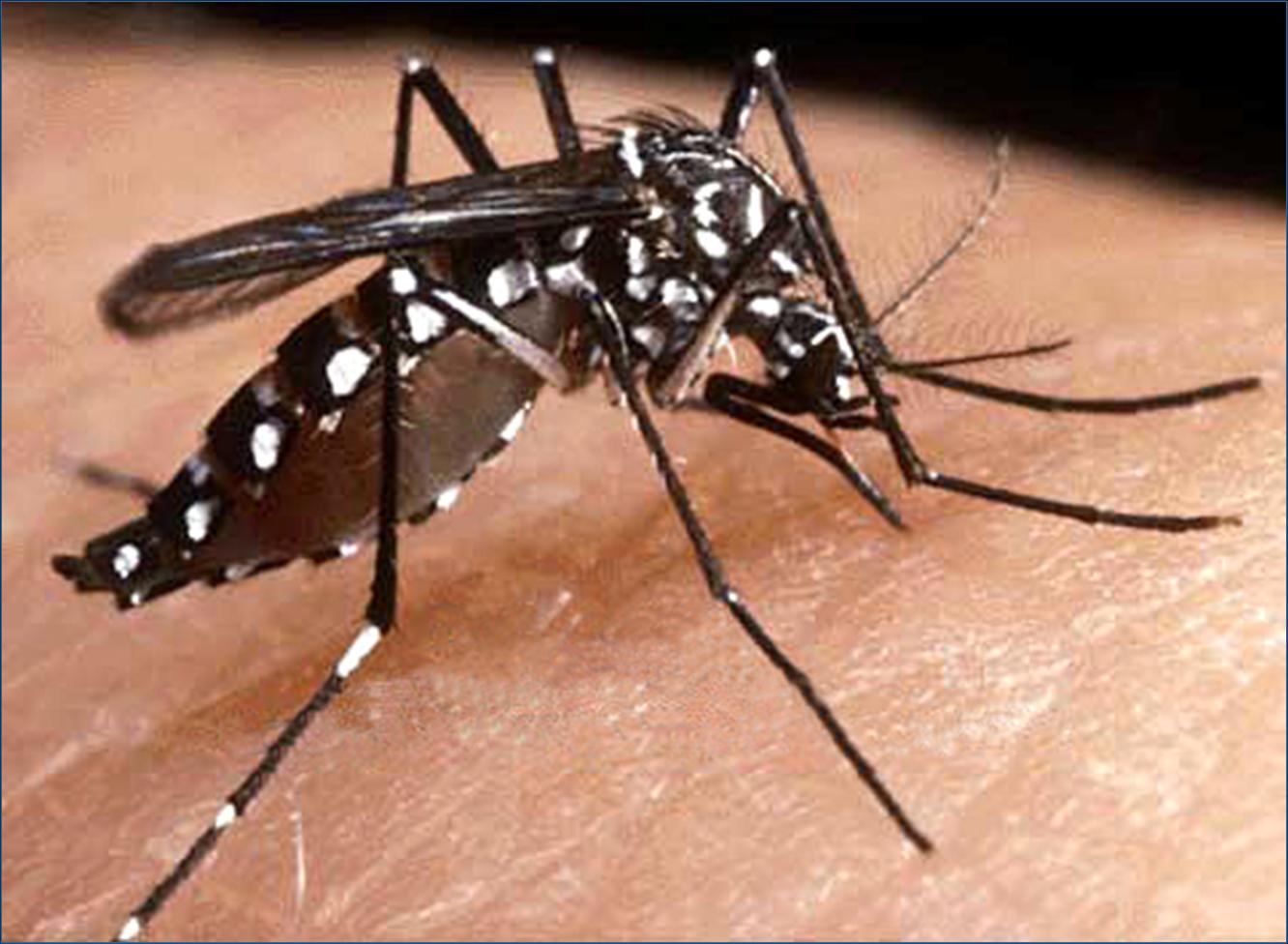Costa Rica News – Costa Rica is one eleven countries to date to approve the Sanofi Pasteur dengue vaccine, Dengvaxia.
 Sanofi’s vaccines unit, said on Tuesday that its , had received market approval in eleven countries: Costa Rica, Mexico, the Philippines, Brazil, El Salvador, Paraguay, Guatemala, Peru, Indonesia, Thailand and Singapore.
Sanofi’s vaccines unit, said on Tuesday that its , had received market approval in eleven countries: Costa Rica, Mexico, the Philippines, Brazil, El Salvador, Paraguay, Guatemala, Peru, Indonesia, Thailand and Singapore.
Dengue fever is a mosquito-borne disease caused by four virus serotypes (1 to 4) as categorized by the World Health Organisation (WHO).
In Costa Rica there is risk of Dengue at elevations below 1,300 metres (4,300 feet), especially in urbanized areas. Risk is also elevated in coastal provinces.
The most affected cantons with Dengue in Costa Rica are: Atenas, Quepos, Parrita, Osa, Nandayure and Buenos Aires.
Risk of Dengue exists in tropical and subtropical areas of Central America, South America, Africa, Asia, and Oceania.
Zika
The major concern for Health officials at this time is the Zika virus. According to the latest by the Ministerio de Salud, last week there were 75 new cases of Zika, bringing the total confirmed to 1,151.
Good news is that this is the fifth consecutive week where new cases have been below 100 per week. Prior to that, each week there were up to 126 new cases a week.
“We are noticing that in Puntarenas, Barranca, Garabito and Esparza, the most affected parts of the country, there is a trend to a possible decrease. We are not saying that the outbreak of Zika in the country this controlled, but slight decrease in cases, ” said Rodrigo Marín, national coordinator of Health.
Dengue Symptoms
In some cases, Dengue infection is asymptomatic – persons do not exhibit symptoms. Those with symptoms get ill between 4 to 7 days after the bite. The infection is characterized by flu-like symptoms which include a sudden high fever coming in separate waves, pain behind the eyes, muscle, joint, and bone pain, severe headache, and a skin rash with red spots. Treatment includes supportive care of symptoms.
The illness may progress to Dengue Hemorrhagic Fever (DHF). Symptoms include severe abdominal pain, vomiting, diarrhea, convulsions, bruising, and uncontrolled bleeding. High fever can last from 2 to 7 days. Complications can lead to circulatory system failure and shock, and can be fatal (also known as Dengue Shock Syndrome).
If you are infected with the same Dengue virus serotype you become immune to future infections. However, if you are infected subsequently with a different serotype, immunity wanes over time which increases the risk of developing Dengue Hemorrhagic Fever.
Dengue is related to Zika Virus, Yellow Fever, West Nile Virus, and Japanese Encephalitis. It can be misdiagnosed for Chikungunya, Zika Virus, or Yellow Fever.
Dengue Prevention (applies also Zika and Chikungunya)
Travellers should take meticulous measures to prevent mosquito bites during the daytime.
- Use a repellent
- Wear neutral-coloured (beige, light grey) clothing. If possible, wear long-sleeved, light-weight garments.
- Get rid of water containers around dwellings and ensure that door and window screens work properly.
- Apply sunscreen first followed by the repellent (preferably 20 minutes later.)
From QCostaRica

